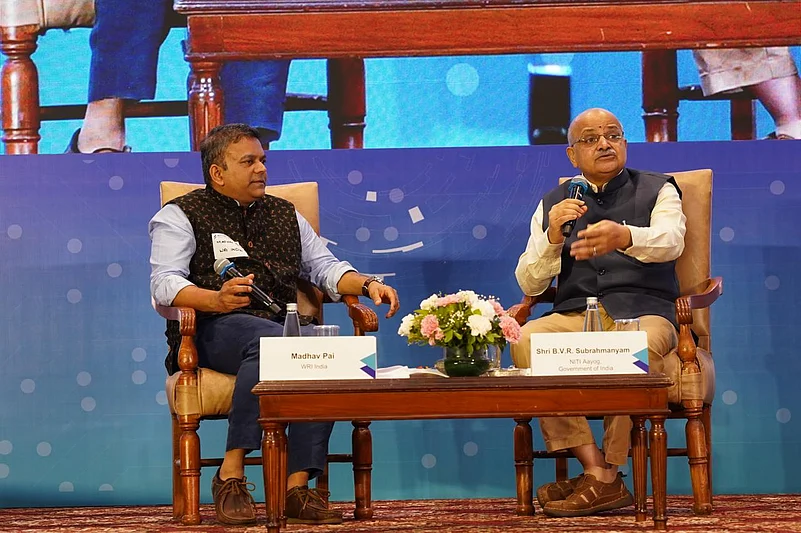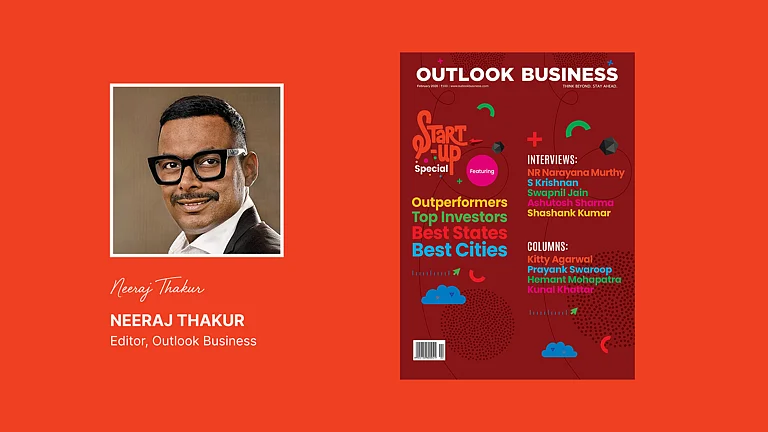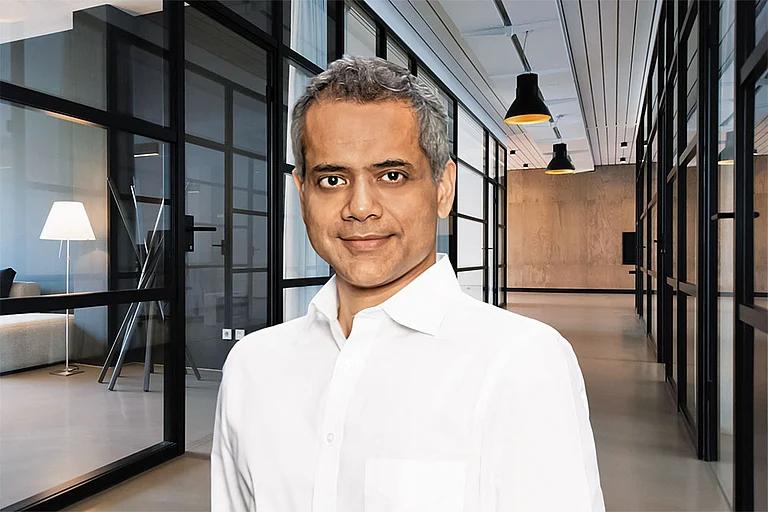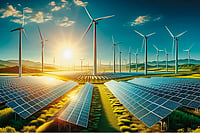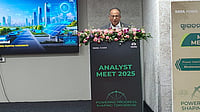NITI Aayog CEO B.V.R. Subrahmanyam stated on Wednesday that the dependence and concentration risks in the EV battery ecosystem far exceed those seen in the oil and gas sector.
While speaking at the Battery Summit 2025, he said, “We don’t currently manufacture much of the battery ecosystem in India. We’ve become quite good at the tail end — meaning battery pack assembly and some cell manufacturing. But when you look upstream, we fall short.”
He added that India doesn’t produce the ecosystem components — like anodes, cathodes, electrolytes, or the various speciality chemicals that go into batteries. And even further upstream, we don’t produce the key raw materials either — like lithium, boron, and others essential for emerging battery chemistries.
“This is a concern. The government is very focused on this issue. We absolutely want to grow the EV ecosystem rapidly, but we cannot allow it to result in an unsustainable level of import dependency,” the CEO asserted.
He highlighted that India’s next 25 years will be transformative. As battery and EV demand soar, we must design a future-ready ecosystem that is built on science, innovation, and private sector leadership.
The Battery Summit’s highlight was the Battery Technologies Showcase, where startups, academia, innovation labs, and industry leaders demonstrated over 28 real-world, scalable technologies in alternative battery chemistries, battery reuse and recycling innovations, and data analytics solutions.
A key feature of the exhibition was the launch of a pilot initiative, Battery Aadhaar, a unique digital ID that enhances the traceability of batteries throughout their lifecycle. Battery Aadhar can support circularity, resource efficiency, and regulatory compliance.







